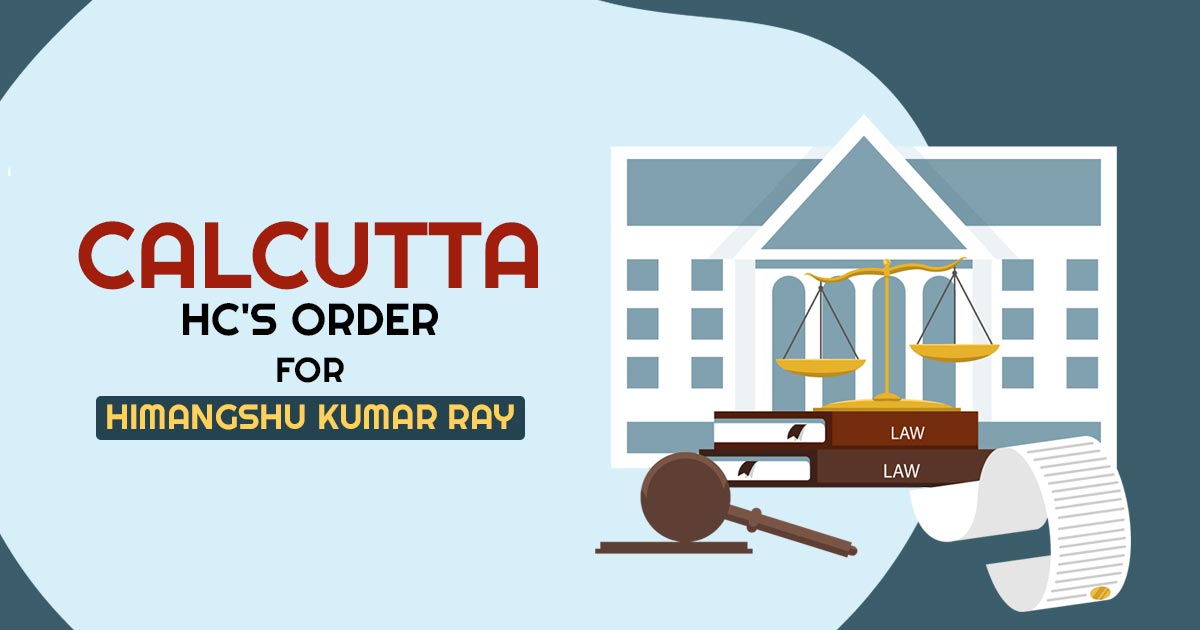
On behalf of the taxpayer the advocate who is appearing should not be issued a notice by the GST department, Calcutta High Court ruled.
Sections 126 and 129 of the Evidence Act protect the communications between a lawyer and a client that have been made at the time of employment of the lawyer, the bench of Chief Justice T. S. Sivagnanam and Justice Hiranmay Bhattacharyya witnessed. It is a well-established legal principle that a communication is privileged if it is made by a client to a legal advisor after a crime has been committed and is intended to aid in his defence, but it is not privileged if it is made before the crime or wrong has been committed and is intended to aid in committing it.
Read Also: CGST Superintendent Doesn’t Have the Authority to Issue an SCN Under Section 61
The petitioner applying for this case is a practising lawyer and is not directly involved in the writ proceedings. The applicant argues that the requested order greatly impacts them.
The department has raised concerns about the validity of the appeal coming from a third party. They claim that based on the interim directives issued during the writ petition, authorities conducted an investigation that exposed numerous fraudulent companies engaged in illegal GST activities. As a result, criminal and other legal actions have been initiated.
The court determined that the appeal was valid because shortly after the disputed order was issued by the learned Single Bench, both the Anti-Fraud Department of the Kolkata Police and the GST Department sent notices to all the lawyers who regularly represent their clients in cases related to GST/WBVAT/WBST Acts and similar laws.
When this matter was brought to the court’s attention, it was made clear to the respondent’s authorities that they had no authority to request information from lawyers regarding their clients since such information is considered privileged communication provided to a lawyer.
The court emphasized that Section 126 of the Evidence Act serves to prevent any intrusion into the confidential information shared by a client. This section expressly outlaws lawyers from disclosing attorney-client communications without the explicit consent of the client.
| Case Title | Himangshu Kumar Ray Versus State Of West Bengal |
| Citation | MAT/1054/2023 |
| Date | 14-06-2023 |
| For the Petitioners | Vinay Kr. Shraff |
| For the CGST Authority | Md. T.M. Siddiqui |
| Calcutta HC | Read Order |